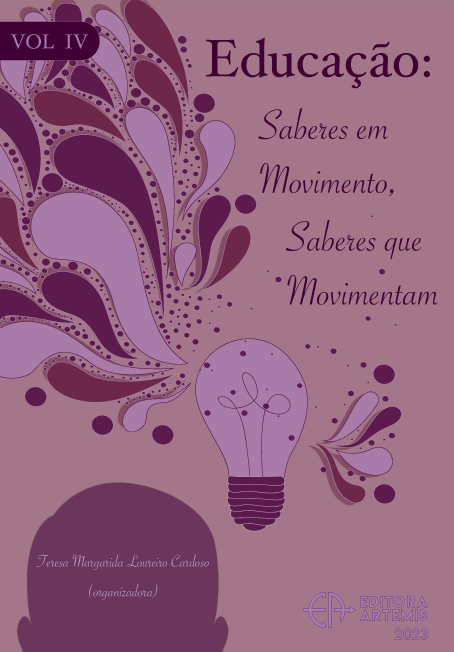
HERD INSTINCT, SELF-REALIZATION AND BILDUNG
Nos últimos anos, a pesquisa em educação artística se expandiu para novas áreas temáticas, como proteção ambiental, questões de minorias e bem-estar, etc. A impressão geral neste debate parece ser a de que a arte é considerada uma panaceia para todos os problemas da sociedade. Vale ressaltar que os mesmos tópicos também são apresentados regularmente nas mídias sociais. Parece que as artes deveriam seguir seu tempo ao invés de procurar criar algo novo em seus próprios termos. As artes merecem sua própria ontologia ou são apenas servas obedientes de outras coisas? Neste artigo, examinamos as ideias que influenciaram as percepções das artes e da humanidade, desde a era do Iluminismo e do Romantismo até o pós-modernismo. Paradoxalmente, a longa história de individualidade e auto-realização pronunciadas levou a uma situação em que o coletivismo e o pensamento de grupo estão levando a sociedade a uma direção cada vez mais autoritária. Se as emoções complementam a pessoa racional e centrada no indivíduo predominante e a visão de mundo puramente racional, um novo equilíbrio pode ajudar a melhorar o "uso excessivo da imaginação" de nosso tempo.
HERD INSTINCT, SELF-REALIZATION AND BILDUNG
-
DOI: 10.37572/EdArt_28022378113
-
Palavras-chave: individualismo, coletivismo, instinto de rebanho, educação artística
-
Keywords: individualism, collectivism, herd instinct, arts education
-
Abstract:
In recent years, research in arts education has expanded into new subject areas, such as environmental protection, minority issues and well-being, etc. The general impression in this debate seems to be that art is considered a panacea for all problems in society. It is noteworthy that the same topics are regularly featured on social media as well. It seems that the arts should follow their time rather than look to create something new on their own terms. Do the arts deserve their own ontology or are they just obedient servants of other things? In this article we look at the ideas that have influenced perceptions of both the arts and humanity starting from the era of Enlightenment and Romanticism to postmodernism. Paradoxically, the long history of pronounced individuality and self-realisation has led a situation where collectivism and group thinking are taking society in an increasingly authoritarian direction. If emotions complement the prevailing rational and individual-centred person and the purely rational worldview, a new balance could help improve the "excessive use of imagination" of our time.
-
Número de páginas: 10
- Mikko Ketovuori

